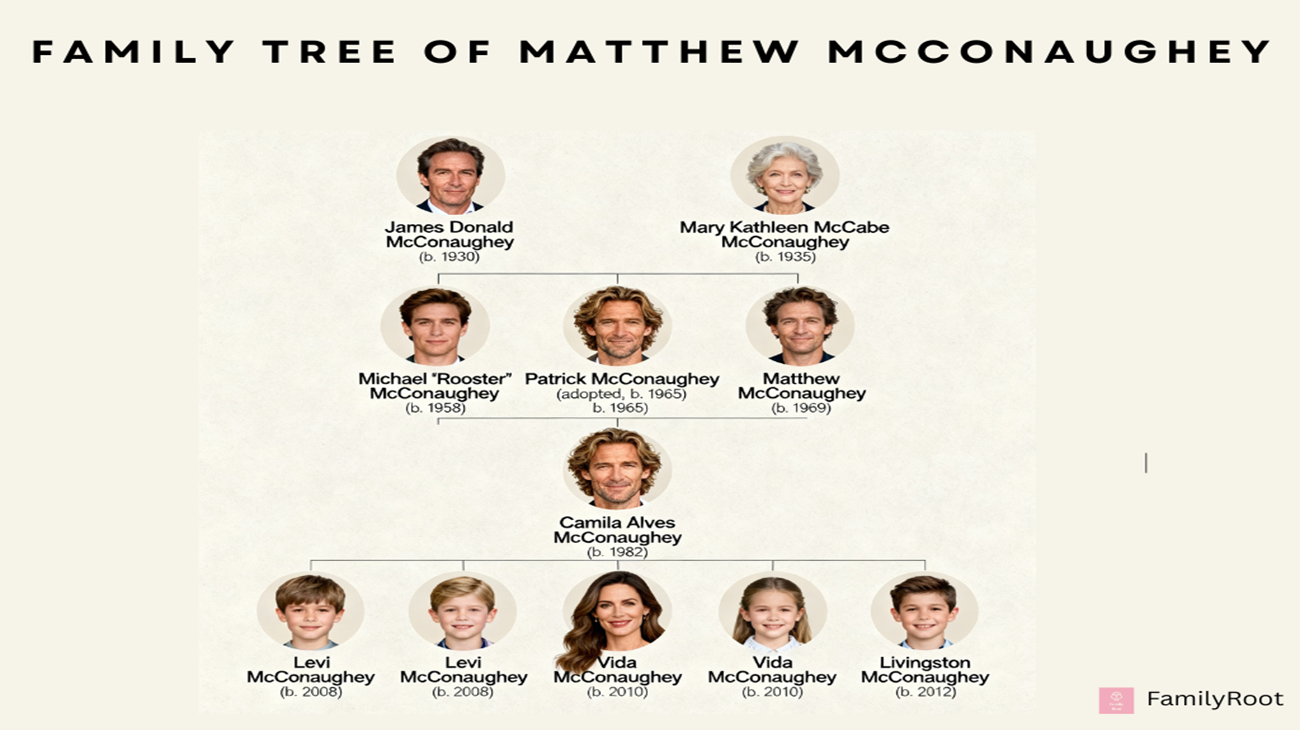Sahib Singh Verma was a prominent Indian politician, social worker, and educationist who served as the Chief Minister of Delhi (1996-1998) and later as the Union Minister of Labour (2002-2004). Born into a humble farming family, he rose to prominence due to his dedication to public service and commitment to the welfare of the people.
This article explores Sahib Singh Verma’s family history, his political journey, and his lasting legacy.
Early Life and Family Background
Ancestry and Birthplace
Sahib Singh Verma was born on March 15, 1943, in Mandothi village, Jhajjar district, Haryana. He belonged to a Jat family with deep roots in agriculture and community service.
- Full Name: Sahib Singh Verma
- Father: Mir Singh Verma
- Mother: Bharpai Devi Verma
- Birthplace: Mandothi, Jhajjar district, Haryana
- Community: Jat
He grew up in a traditional rural environment, witnessing firsthand the struggles of farmers and common people, which shaped his future aspirations in politics and social work.
Education and Early Career
Sahib Singh Verma pursued his education with a strong focus on academics and social service. He worked as a teacher and later as a principal, laying the foundation for his role as an educationist and reformer.
- Education:
- Bachelor’s Degree from Delhi University
- Master’s Degree in Library Science from Aligarh Muslim University
- Ph.D. in Library Science
His early career in education played a crucial role in his later policies related to education reform and rural development.
Marriage and Personal Life
Sahib Singh Verma was married to Smt. Sahib Kaur Verma, who was known for her support in his public and political life. The couple had six children, and their family has remained actively involved in public service.
- Wife: Smt. Sahib Kaur Verma
- Children:
- Pravesh Verma – Member of Parliament (MP), BJP
- Other children – Maintained a private life, away from politics
His son, Pravesh Verma, followed in his political footsteps and currently serves as a Member of Parliament (MP) from West Delhi, representing the Bharatiya Janata Party (BJP).
Political Career and Contributions
Rise in Politics
Sahib Singh Verma’s political journey began with his involvement in the Rashtriya Swayamsevak Sangh (RSS) and the Bharatiya Janata Party (BJP). He played a key role in strengthening the BJP’s influence in Delhi and North India.
Key Political Roles
- Mayor of Delhi (1989-1991) – Focused on urban development
- Chief Minister of Delhi (1996-1998) – Led major reforms in governance
- Union Minister of Labour (2002-2004) – Advocated for workers’ rights and employment policies
- Member of Parliament (1999-2004) – Represented Outer Delhi
As Chief Minister of Delhi, he introduced several pro-poor policies and worked on improving infrastructure, water supply, and transportation.
Tragic Death and Legacy
On June 30, 2007, Sahib Singh Verma tragically lost his life in a car accident while returning from Rajasthan. His sudden demise was a great loss to Indian politics, BJP, and the Jat community.
However, his legacy continues through his son Pravesh Verma, who is actively involved in BJP’s policies and governance.
Conclusion
Sahib Singh Verma’s family history is a tale of resilience, leadership, and commitment to social service. His contributions to Delhi’s governance, rural development, and education reforms have left a lasting impact. His son, Pravesh Verma, carries forward his political legacy, ensuring that his vision for India continues to shape the nation’s future.
📲 Download the Family Root App Now!
📜 Disclaimer
The family tree and biographical information provided in this article are based on publicly available sources and records. While we strive for accuracy, we do not guarantee the completeness or authenticity of the data. This content is intended for educational and informational purposes only and does not aim to infringe on any individual's privacy or personal rights. If you believe any information is incorrect or wish to request edits or removal, please contact us at Info@familyrootapp.com.




